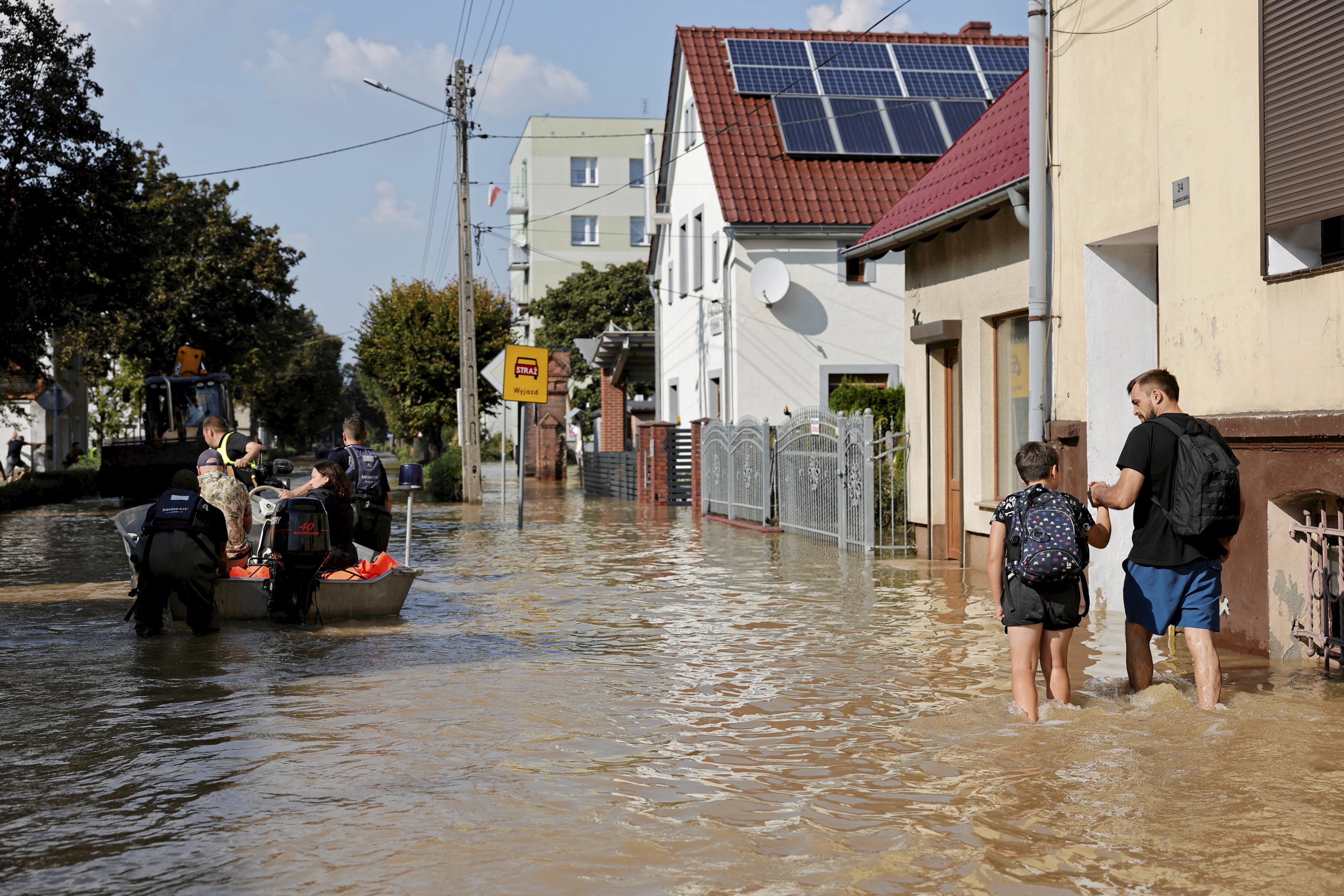In Ukraine, UNHCR’s Grandi urges support ahead of harsh winter challenges
In Ukraine, UNHCR’s Grandi urges support ahead of harsh winter challenges
Highlights from UNHCR country offices in Europe



What role does UNHCR play in Europe?
UNHCR works to safeguard the rights and well-being of refugees, asylum-seekers, stateless people and internally displaced persons by providing guidance and support to governments across Europe, collaborating closely with partners, and promoting the best international standards in legislation, policy and procedures.
As the custodian of the 1951 Refugee Convention, UNHCR supports efforts by governments and other stakeholders to ensure access to asylum and to international protection for refugees and asylum-seekers, as well as promoting durable solutions. UNHCR works to strengthen partnerships with state and non-state actors in order to ensure the inclusion of refugees, to garner support for both refugees and the communities hosting them, as well as enhancing joint advocacy efforts in the spirit of the Global Compact on Refugees.
With a Regional Bureau in Geneva, Switzerland, and office presence in 36 European countries, UNHCR is covering 49 States, including 27 EU Member States, and one territory in the Europe region.
Learn more about UNHCR's work in Europe
Stay informed with UNHCR Europe Updates





